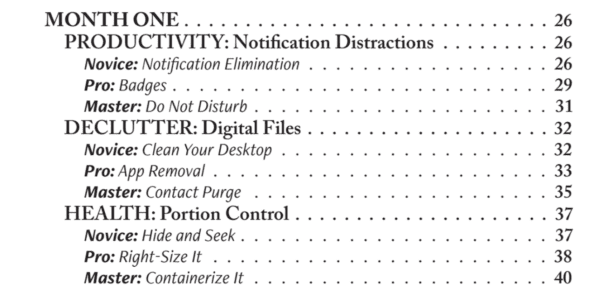Far too many of us are trapped in a vicious circle with no restorative sleep and we don’t even realize it. If you’re one of the nearly 50 percent of American workers kept awake at night by anxiety over work, you’re most likely feeling the effects. When anxiety about our jobs prevents us from getting the right amount of sleep, it carries over into the next morning. That feeling of listlessness and fogginess can make it difficult to keep up with all of the tasks we have to do at work each day. In turn, that means we can fall behind in our tasks, which leads to more anxiety. More anxiety means more trouble sleeping, and the cycle repeats itself over and over again.
Even if stress and anxiety created by your job aren’t keeping you awake at night, chances are you’re still not getting the proper amount of sleep. That’s because our media-centric society and mobile technology have infiltrated every aspect of our lives. It’s far too easy to spend the last few minutes before going to bed scrolling through your social media pages or watching videos. As a result, we end up overstimulating our brains at a time when we should be giving them a chance to wind down and relax. Many of us also ignore the advice of doctors and stay up too late to binge watch TV shows or do other activities.
Can we power through it?
Although not getting enough sleep might seem like nothing more than a minor annoyance that we can simply “power through” the next day, the truth is, it’s a serious problem. Consistently failing to get the seven to nine hours of deep, restorative sleep we need each night does more than leave us feeling worn out the next day — it puts us at risk for health issues. Sleep is your opportunity to allow your body and mind to rest and recharge, and depriving your body and mind of that opportunity means they don’t have a chance to get some important work done. Bad sleep habits can open the door to health issues ranging from obesity to diabetes to heart disease. For this and many other reasons, practicing good sleeping habits is essential.
The most important sleep habit you can practice is getting enough hours of sleep, and being in bed at the same time every night. It’s also a good idea to unplug from electronic devices ahead of your bedtime to give your mind a chance to unwind. These and other tips for getting good, quality sleep are contained in the guide below, so review it and get out of the vicious circle that’s holding you back at work.


